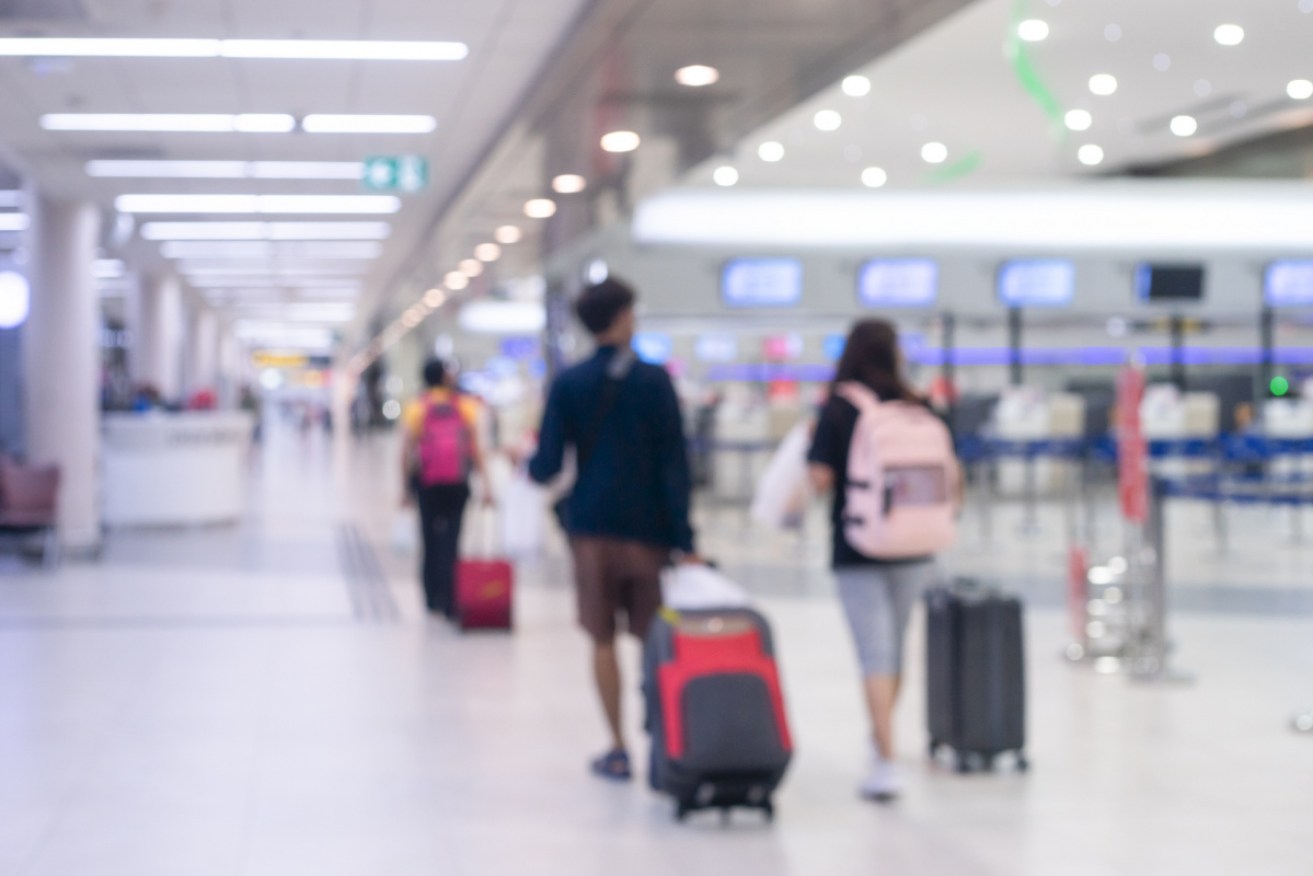The infectious diseases most likely to strike after international travel


Some travellers come home with more than souvenirs, spreading infectious diseases such as the flu or measles. Photo: Getty
It may not be peak flu season in Australia just yet but thanks to an influx of international jaunts over the past few weeks some people may be at greater risk as travellers bring back more than souvenirs.
Travellers find themselves exposed to a range of situations that bring them in contact with infected people: from aboard the aeroplane itself, to inside the airport, increasing their risk of catching an illness.
Earlier this week, doctors warned against being complacent about flu vaccinations and hygiene following reports of a spike in flu cases this summer, especially in Queensland.
There has also been a spate of measles cases around the country in recent days, linked to travellers who have returned from overseas destinations such as south-east Asia.
The flu and measles are among the most common illnesses to infect travellers, according to travel health experts. Worryingly, a person with these diseases may not have obvious symptoms right away but they will be infectious.
“You could be excreting the flu virus if you’re incubating it,” Professor Mary-Louise McLaws, an infection-control expert at the University of New South Wales said.
“About two days into incubating, you’re actually excreting the virus while you’re talking. You don’t even have to cough to excrete it.”
Protect your health
The risk of catching a nasty bug while flying becomes greater if you are seated beside an infected person, or in the row directly in front or behind them, she said. You could also become infected while talking to someone, waiting for the bathroom on the plane, or while chatting to cabin crew.
The flu virus typically spreads within one metre, but sometimes up to 2.5 metres from the source, according to research, making vaccination and impeccable hygiene a person’s best defence against infection.
“Our vaccine may not fully protect Australians to flu overseas because our vaccine may be slightly different but it usually will provide some degree of protection,” Professor McLaws told The New Daily.
Dr Kate Manderson, a general practitioner and president of the Australasian Society of Aerospace Medicine, said while diseases can and do spread on planes, it’s far more likely passengers become infected before flying.
“Incubation time [for influenza] is days not hours. It’s more likely that they pick it up before they get on the plane, even before they’re in the waiting area or lounge,” Dr Manderson told The New Daily.
The typical incubation period for the flu is one to four days, and once a person develops symptoms they will remain contagious for another week. People with poor immune systems, children and older adults may remain contagious for much longer.
The spread of measles
Measles is also highly contagious, and the risk is greater when a person has travelled to countries with lower vaccination rates, travel health expert Dr Deb Mills said.
“You only need to be in the room where a measles sufferer was two hours ago and you could catch it,” she told The New Daily.
Outbreaks of measles in Australia can also occur when vaccinated community members don’t develop antibodies to the disease.
This is why a high uptake of the vaccine is so important to protect the few who have not acquired measles antibodies, plus babies too young to have been vaccinated.
International travellers are also at greater risk of gastrointestinal diseases, bacterial infections such as typhoid, and mosquito-borne diseases such as malaria, Dr Mills said.
Most malaria develops within 30 days, and anyone with a fever within this period should see their doctor immediately.
Dr Mills also recommended travellers with other symptoms, such as persistent diarrhoea, chills, or a rash to notify airport staff and to get checked by a doctor straight away when returning to Australia.








